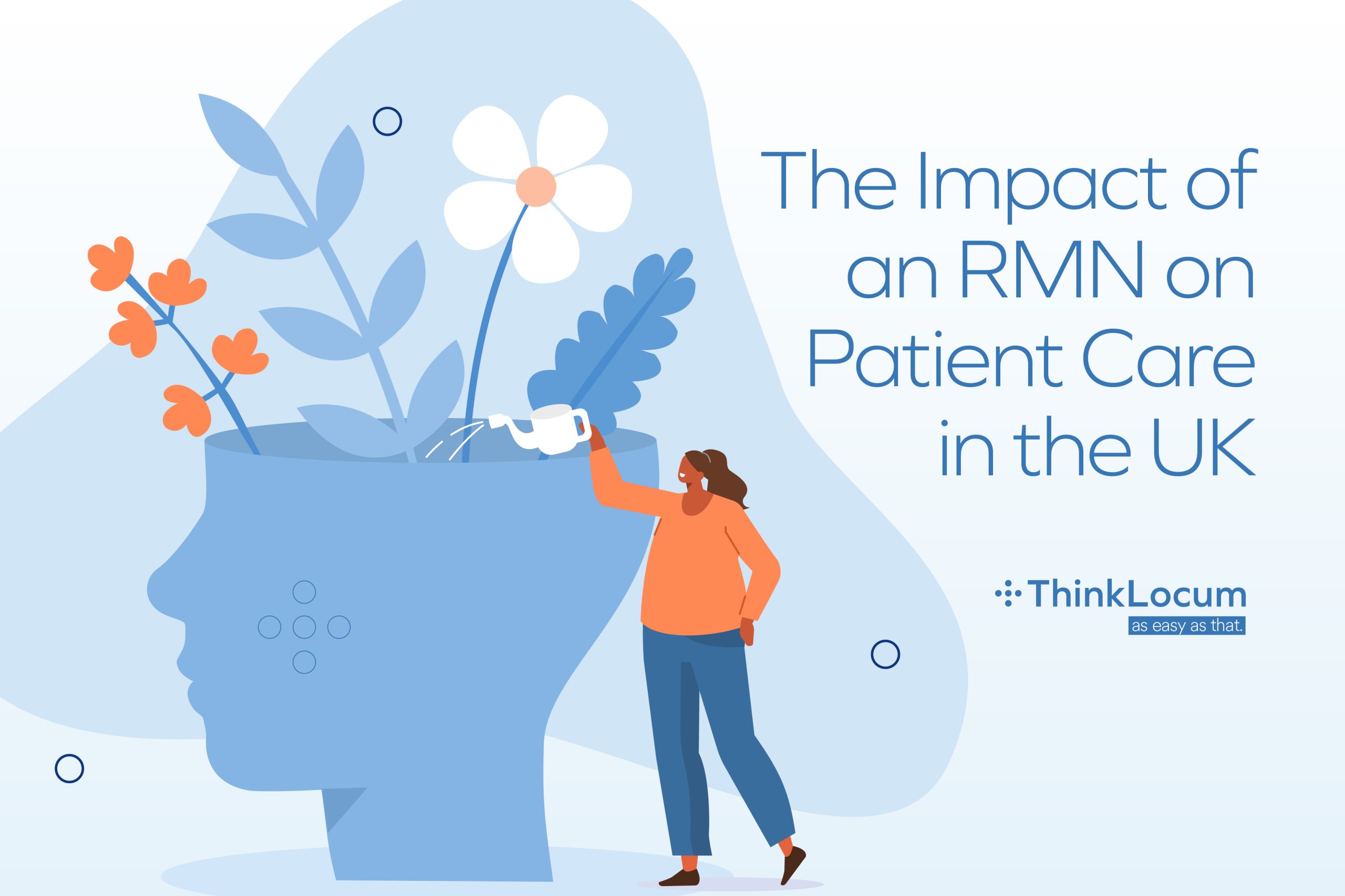
Registered Mental Health Nurses (RMNs) play a vital role in the provision of quality healthcare in the United Kingdom. These professionals work in a range of settings, including community mental health teams, inpatient psychiatric units, and specialist clinics. Their primary responsibility is to support people with mental health conditions and their families or carers. In this blog post, we will explore the impact of an RMN on patient care in the UK.
RMNs have specialist skills and knowledge in the field of mental health. They are trained to understand the complex nature of mental health conditions, including the causes, symptoms, and treatment options. This expertise allows RMNs to provide tailored support to patients, depending on their individual needs. RMNs work collaboratively with other healthcare professionals, such as psychiatrists, psychologists, and social workers, to provide a holistic approach to patient care.
RMNs are responsible for promoting recovery and well-being in patients with mental health conditions. They work with patients to set achievable goals and develop strategies to manage their symptoms. RMNs use evidence-based interventions, such as cognitive-behavioural therapy (CBT) and medication management, to help patients regain control of their lives. They also provide psychoeducation to patients and their families, which helps them to understand the nature of mental illness and how to manage it.
Thirdly, RMNs play a crucial role in reducing the stigma associated with mental health conditions. They work with patients to empower them to manage their symptoms and regain control of their lives. RMNs also work to educate the wider public about mental health conditions and promote awareness and understanding. This reduces the social isolation experienced by many patients with mental health conditions and encourages them to seek help when they need it.
Fourthly, RMNs provide support to carers and families of patients with mental health conditions. They understand the challenges faced by carers, such as the impact of mental illness on relationships, finances, and employment. RMNs provide carers with information, advice, and support to help them manage their caring responsibilities. This support is essential in enabling carers to maintain their own mental health and wellbeing.
Fifthly, RMNs play a vital role in ensuring patient safety. They monitor patients for any signs of deterioration in their mental health and intervene when necessary. RMNs also work with other healthcare professionals to develop and implement risk management plans to reduce the risk of harm to patients. This includes identifying and managing the risk of self-harm, suicide, and violence towards others.
Finally, RMNs work to improve the quality of care provided to patients with mental health conditions. They use their specialist skills and knowledge to identify areas for improvement and develop strategies to enhance patient care. RMNs also participate in research projects to expand the evidence base for mental health treatment and care.
In conclusion, RMNs play a critical role in the provision of quality healthcare in the UK. They have specialist skills and knowledge in the field of mental health and provide tailored support to patients depending on their individual needs. RMNs promote recovery and well-being in patients with mental health conditions, reduce stigma, provide support to carers and families, ensure patient safety, and work to improve the quality of care provided. The impact of an RMN on patient care in the UK cannot be overstated, and their contribution is essential to the provision of high-quality, person-centered care.
If you are interested in or are considering taking on a locum position, register with us at ThinkLocum for placements in the healthcare industry of your choice. We will match you based on your skills, experience, and your preferences.